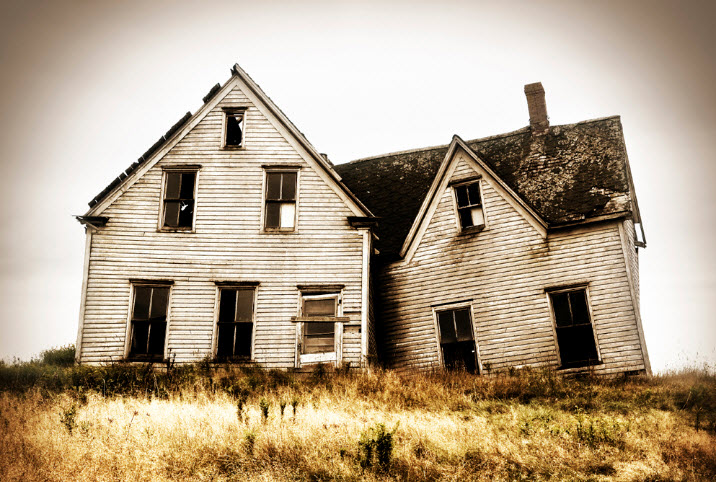How To Find The Right Fixer-Upper
 Sometimes it takes a little work to turn a home with potential into your dream house. Purchasing a fixer-upper can take some patience but, if you know what to look for, you can find a really great deal. These homes are often priced below comparable market rates because they require some degree of work.
Sometimes it takes a little work to turn a home with potential into your dream house. Purchasing a fixer-upper can take some patience but, if you know what to look for, you can find a really great deal. These homes are often priced below comparable market rates because they require some degree of work.
The trick to finding the right fixer-upper lies in finding the balance between a remodeling project and a financial disaster. Many people go into the purchase of a fixer-upper with high hopes, only to find that the project is larger than their amount of time and their budget. You can avoid this common mistake by keeping an eye out for the signs that a fixer-upper is a good investment.
There’s Room For DIY Solutions
One of the biggest reasons that people get in over their heads with fixer-uppers is that they overestimate the amount of time that they have to dedicate to the necessary projects. What seems like a few minor tasks during a house viewing can turn into a big deal when you move in. Remember, you’ll have to handle all the tasks of your normal life and work schedule while also finding time to fix up your house.
For this reason, you should try to look for fixer-uppers in need of minor repairs that aren’t too technical in nature. For example, a house that needs painting, landscaping and some cleaning is preferable to a home that needs to have its entire plumbing system replaced. For major repairs, you’ll need to hire a contractor, which is not cheap. Minor problems that have easy, DIY solutions are inexpensive to fix and they won’t take up all of your time.
There’s Opportunity For Appreciation
Many people invest in fixer-uppers to flip the properties for a profit. However, if you’re living in a fixer-upper for the long term, you’ll still want to see some property appreciation. Even a few minor repairs and renovations can affect the value of the property. The key is to find out if the money you invest will even out with appreciation.
Will your home’s value after improvements add up to what you’re hoping for? It’s important to do the math beforehand and be honest with your goals. If you’re planning to sell the house at some point, it’s important to make sure that you’ll be able to make your money back when you move.
There’s A Schedule That Works
The biggest factor that derails fixer-upper projects is time. People are simply running short on time these days. If you can manage some DIY work in your spare time, you could save a lot of money. The drawback is that you’ll likely be doing these projects in between work hours or on the weekend.
Hiring contractors can also be very time-consuming. For major remodeling, you may not actually be able to live in your home until the work is done. Are you ready to make room for these things in your schedule?
If you’re going through a career change, welcoming a new addition to your family or trying to save for a major goal, make sure you don’t get too far into a fixer-upper project that is expensive or time-consuming. Make sure that your most important goals are taking priority.
A fixer-upper represents a big challenge but the payoff can be huge. If you’re up to the task, it might be time to look for these properties in your area.